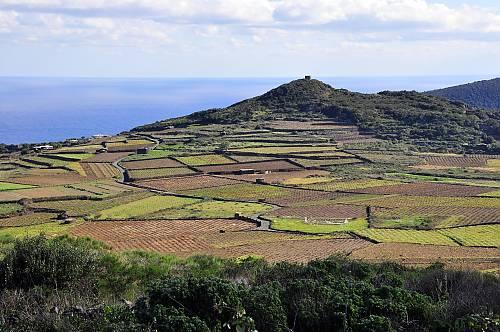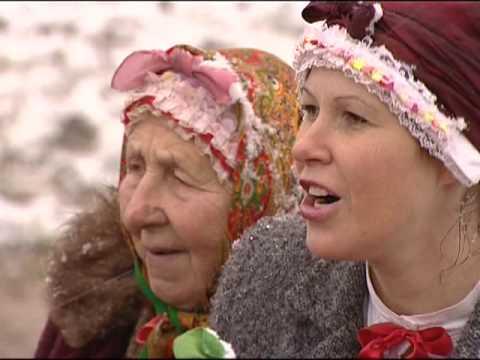New Federation House has launched “The Governors General of Canada,” the latest in its series of books about Canadian leaders. This fine book is a testimony to the vitality and quality of contemporary scholarship in Canada.
The launch, held at the University of Ottawa on April 17, was attended by the president of the university, Allen Rock, and Gov. Gen. David Johnston.
After congratulating the directors of New Federation House, Johnston gave a speech explaining the role of Canada’s governor-general.
He opened his remarks with a quote by Gabrielle Leger, wife of Jules Leger, the 21st governor general, who said: “The most ephemeral thing about Rideau Hall is the governor general; all the rest is history.”
He went on, saying: “I am keenly aware of the rich heritage of the office which I am privileged to occupy. In so many ways, the past is not past, and I continually draw ideas and inspiration from my predecessors.”
Four hundred years ago, Samuel de Champlain, a governor in all but name, carried out many duties later fulfilled by the Governor of New France. After Confederation those duties and responsibilities were assumed by the Governor General of Canada.
We can only understand ourselves as a country if we understand our history. And the historians who wrote about our governor generals in the chapters making up this new book help us do just that.
“Institutions matter. This is particularly true in a country as geographically vast and culturally diverse as Canada,” Johnston said.
“Without healthy and robust national institutions, we might be forgiven for asking: what is Canada?”
He also pointed out that our institutions are a reflection of the democratic values that bind us as Canadians.
He said that in a constitutional monarchy such as ours, the Crown “plays a vital role in safeguarding the rights and freedoms of Canadians” and that his duty as governor general “is to represent the Canadian Crown and to act on behalf of Her Majesty The Queen to uphold Canada’s system of responsible government.”
Johnston then stressed that a formal head of state, “in our case, the Queen of Canada, is essential to our system of responsible government.”
He said that as the Canadian Heritage publication “A Crown of Maples” puts it, power is only “entrusted” to governments to use on behalf of the people of Canada.
The constitutional duties of the governor general include summoning and dissolving Parliament, granting Royal Assent, and reading the Speech from the Throne.
Johnston said the office he holds also serves as a symbol of the continuity of our democratic values, while fostering a sense of national identity and unity by connecting, inspiring, and honouring Canadians.
He stressed that individuals matter, and that the book is a reminder of how his predecessors contributed to the development of the office of governor general and thus to the progress of Canada.
He feels that the blend of the institutional with the individual is one of the qualities that make the office so fascinating and effective.
Herodotus said he wrote “in order that what men have done may not be forgotten through the passage of time.” “The Governors General of Canada” provides its readers with insight into our history and what has helped make Canada what it is today.
Susan Hallett is an award-winning writer and editor who has written for The Beaver, The Globe & Mail, Wine Tidings and Doctor’s Review among many others. Email: [email protected]



